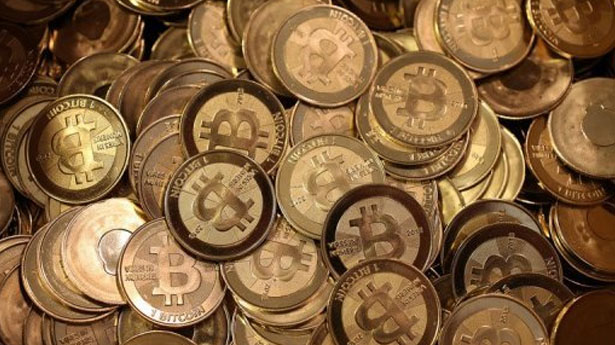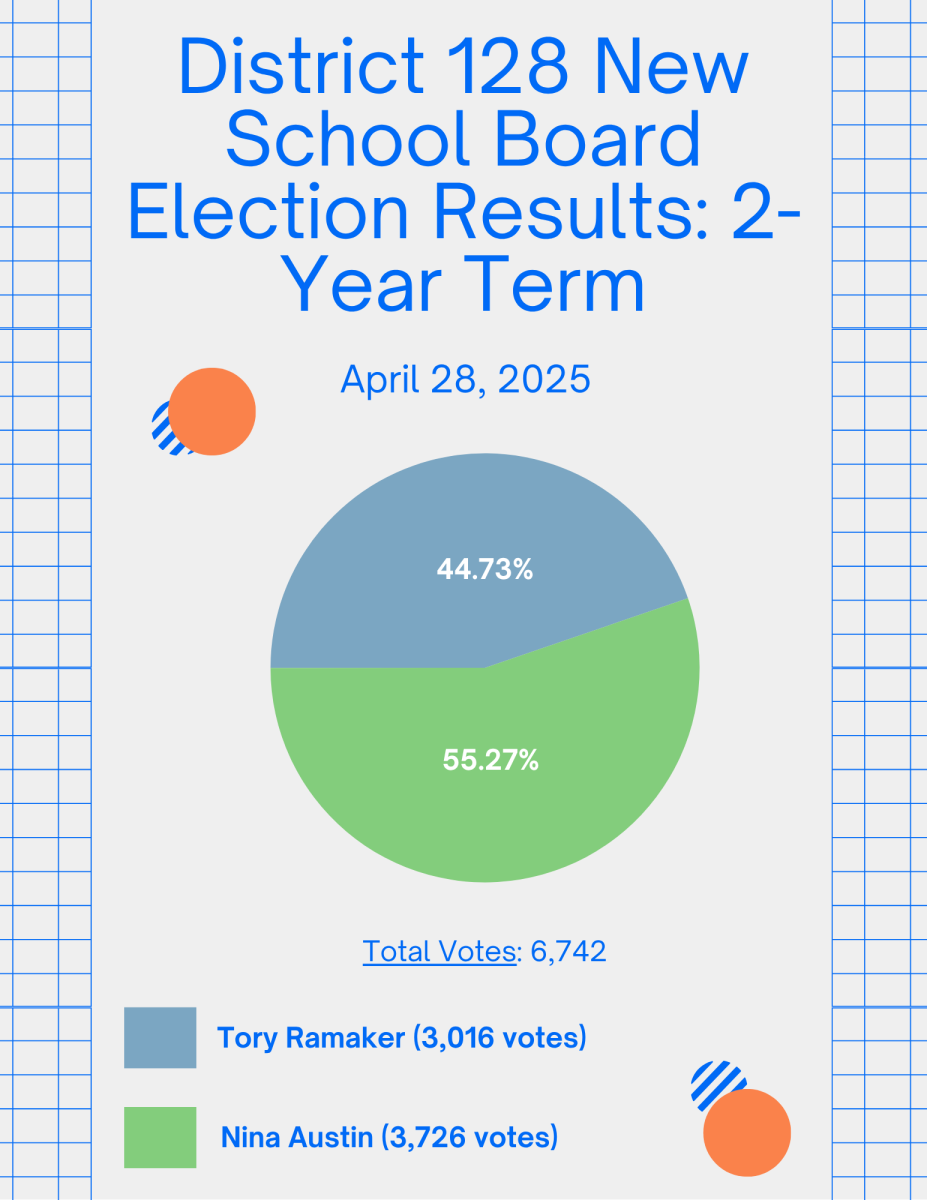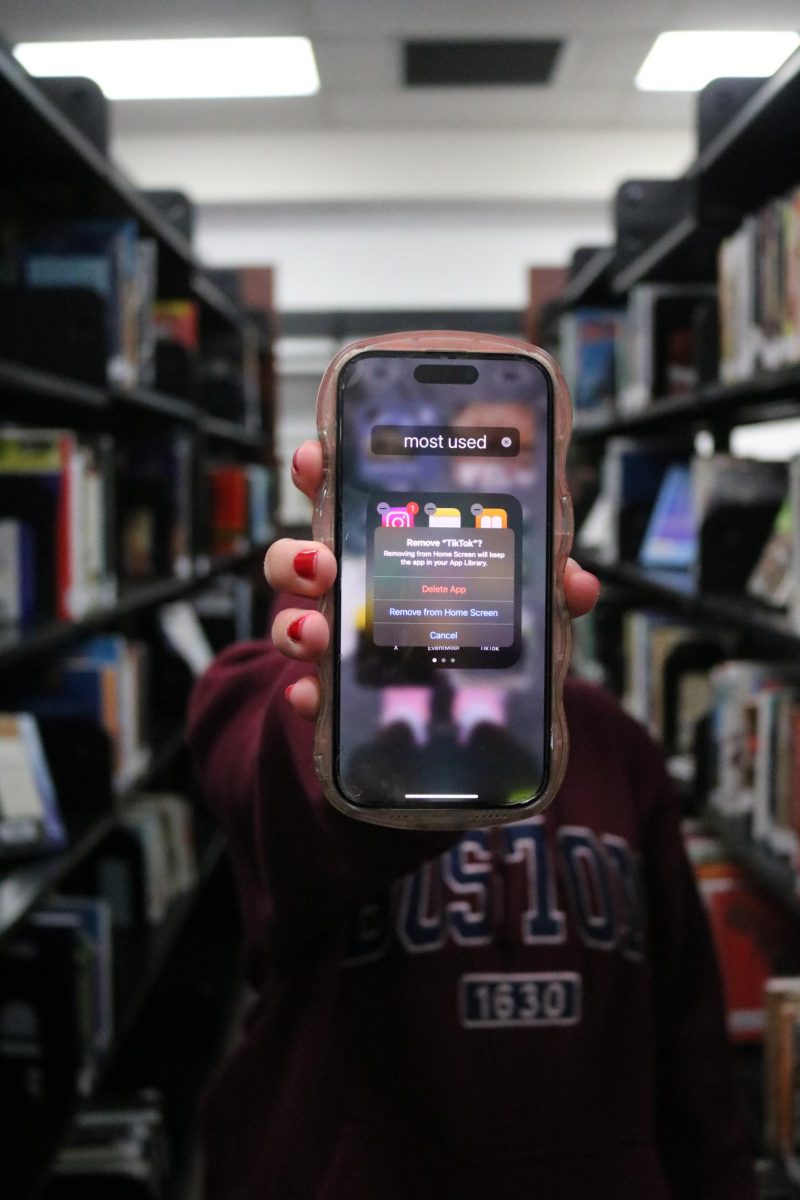The crypto-currency Bitcoin has made major headlines in recent months concerning its volatile stock prices, the crash of major Bitcoin exchanges and supposedly finding the man behind Bitcoin’s creation. But all the hype still leaves many out of the loop as to what Bitcoin is all about.
What is Bitcoin?
Bitcoin is the world’s first electronic currency, created in 2009 by a man under the alias Satoshi Nakamoto. It is also the world’s first decentralized currency, meaning transactions occur without the use of a bank.
“It’s essentially just a virtual currency hosted on the internet,” said LHS senior Jack Baumruk, who invests in Bitcoin. “It’s deinstitutionalized; a communal currency you can use online. There’s no central bank or central authority or anybody regulating it. It’s just a bunch of interconnected computers working together to put value into it.”
Because there is no central authority over Bitcoin, transaction fees are minimal, it can be used in any country around the world, accounts cannot be frozen and there are no prerequisites or limits regarding one’s account.
How does one acquire Bitcoins?
Bitcoins can be obtained in a number of ways. They can be generated by a process called “Bitcoin mining,” in which users, called “miners,” employ Bitcoin mining software along with specialized hardware to solve algorithms, and they are given a certain number of Bitcoins in exchange. The Bitcoin network automatically changes the difficulty of the algorithms based on how fast they are being solved and how many people join the mining network, so that the average time to solve an algorithm is about 10 minutes. This ensures that no individual “miner” is at a particular advantage.
Bitcoins can also be purchased on exchange markets. These markets work by users placing “buy” and “sell” orders online, and an exchange system software carries out the orders.
“[Bitcoin] can be bought and sold,” said AP Macroeconomics teacher Mr. Brian Voss. “The only difference is unlike, let’s say, gold, you can buy and sell [actual] gold, but you don’t actually get a [physical] Bitcoin.”
As of March 12, the exchange rate for Bitcoin was $638.95, according to bitcoinexchangerate.org.
How does Bitcoin work?
Bitcoin transactions occur via a computer or mobile app that creates a Bitcoin “wallet.” When a transaction occurs, an electronic signature is added that encrypts the address of both the sender and receiver. After about 10 minutes, the transaction is verified by a miner and saved permanently and anonymously in the network to what is called a “block chain,” a public ledger containing every transaction ever processed. The Bitcoin network is completely open-source, meaning that anyone can view the block chain at any time.
What can Bitcoin be used for?
Currently, over 21,000 merchants accept Bitcoin as payment for products and services, including Overstock, Reddit, Zynga, PayPal, eBay, Tesla, and Etsy. Websites such as usebitcoins.info act as a search engine to find companies that accept Bitcoins for a vast array of products, from clothing and books to real estate and IT services.
“It’s starting to catch on in some places where you can go and scan a QR code to pay with Bitcoins,” said Baumruk.
The most common use for Bitcoin, however, is as an investment on the exchange market. Like any investment, however, Bitcoin comes with a certain level of risk.
“The biggest thing is there’s no government backing it, so there’s no policies, no way to stabilize it.” said Mr. Voss. “Since there’s not anything there, anybody can change the price just because they have a different opinion about it, so the price can fluctuate dramatically without any sort of control. And since it’s so new and young, it keeps going up and down, up and down, so there’s no consistency to it. Over time, if it does stick around, we probably would see the price level off, but since there’s no medium of exchange or store of value right now, it’s going to keep fluctuating.”
What are the potential ramifications of using Bitcoin?
Since its creation, Bitcoin has earned the reputation as Black Market currency. Due to the anonymity and irreversibility of each transaction, Bitcoin has become the currency of choice for those purchasing drugs or other contraband because the transactions cannot be easily traced to a particular individual.
“From an investor’s standpoint looking at it, what you have to watch mostly is the Black Markets online, because most Bitcoin purchases are for either money laundering or buying illegal things on the internet.” said Baumruk
Additionally, because Bitcoin does not hold legal tender status, the IRS has difficulty determining how–and even if–Bitcoin can be taxed.
So what does the future hold for Bitcoin? While some believe it’s only a matter of time before Bitcoin really flourishes, others are not so optimistic.
“Right now it’s a fun thing to do because you can maybe make some money or not, but having it be a staple globally is not going to happen.” said Mr. Voss. “Until the government actually controls it, there’s no way it can actually replace the dollar. I know some people see this as the next big thing, of using this now as a world currency, but without some sort of government control to it, there’s no way it can last as a universal currency.”





![Mr. Abullh Ali, manager/assistant, helps open Queen Yemeni Coffee in downtown Libertyville at 606 North Milwaukee Ave. With the help of employees such as manager and LHS senior Yousef Taha, they are able to bring the Yemeni and Ethiopian culture to Libertyville by using their Queen spices, cinnamon and cardamom in their drinks such as Adani Chai, which is inspired by Sheda, the Queen of Yemen and Ethiopia. “The history of our coffee [is] a long history and we believe that Yemen and Ethiopia started the coffee and we are bringing something unique to the community,” Mr. Ali said.](https://www.lhsdoi.com/wp-content/uploads/2025/04/Photo-1-1200x800.jpg)







![Senior River Thompson joins the Jazz Ensemble by singing “That Old Black Magic” by Mercer and Arlen Arr. Mark Taylor, along with senior Annie Brody on guitar and junior Thomas Teixeira on bass, earning big applause. “[The concert had] great energy because it's the last [jazz concert] of the year,” Brody said.](https://www.lhsdoi.com/wp-content/uploads/2025/04/Eight-That-Old-Black-Magic-1200x800.jpg)

